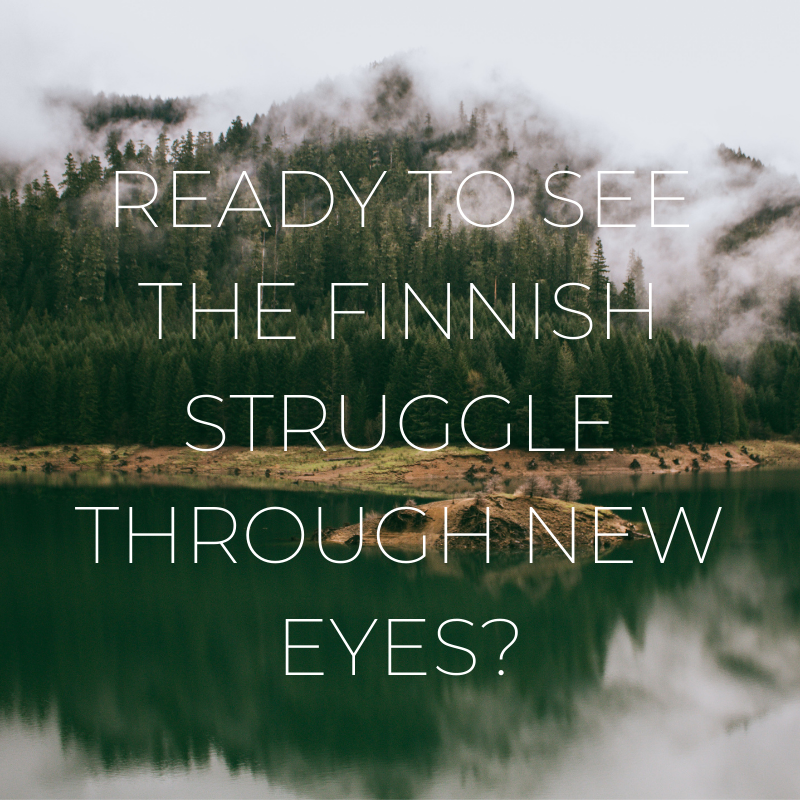This post is for you if:
- you’re at a beginner or intermediate language level and struggling to remember vocabulary,
- you feel overwhelmed by ALL OF THE WORDS you could be learning,
- end up not learning most of them because you forget what you learn,
- end up not learning most of them because you’re so overwhelmed by the massive amounts of vocab.
**Warning: I was in a particularly funny mood when I wrote this post but I decided not to edit out my humour. Proceed at your own caution. At least I know my mom will laugh. Hi mom!**
#1 Are you learning the right vocab?
You can pick up the dictionary and learn virtually any word… but then you might not be learning the most useful words.
This question makes sure your focus is on the ‘right’ vocab. The ‘right’ vocabulary is what you can use, as quickly as possible and what you actually need. For example, I may not know the word for pony, but I can describe it by saying “small horse (that doesn’t grow big).”
Crisis averted.
Also think about the handy words that you could use over and over again regardless of the topic, like ‘and’, ‘with’, ‘because’ and clever words. Nouns are great, but conjunctions, prepositions, postpositions and the like are even better!
#2 Why are you learning this vocab? (Why is this a priority?)
Take my advice and save yourself the headache, you don’t need 1000 words before you can smile at someone and string 5-10 words together. (I will say this again later so you remember it.)
I’m just curious, why are the words you’re learning a priority? Is memorizing this vocab more important than say… going out and speaking to people? Or is it by going out and speaking that you realized you don’t know this word that’s used all the time.
It’s a bit of a chicken & egg problem: you won’t know what people are saying until you listen to them, but then you won’t understand. On the other hand, if you just memorize random vocab without being sure people are using it, it could be a shot in the dark.
How to remedy this?
Make sure the words you’re learning are words you need and can start using right away. If you don’t know what those words are yet, use your imagination and make up conversations in your head. What will you need for those? Just don’t forget to go out and interact with the world anyway.
Take my advice and save yourself the headache, you don’t need 1000 words before you can smile at someone and string 5-10 words together. (Feel free to copy+paste+tattoo somewhere you can see it.)
#3 Are you using the vocab or just memorizing it?
If you’re using the vocab, that’s great! It means it’s useful and you’re on your way to learning many more useful things!
If you’re memorizing words but never using them, we have diagnosed your problem! Yay!!
Memorizing words and not using them will not help you learn them because that’s not how your brain works. (Bold + Italics because it’s very important!)
Your big, beautiful brain may be able to store massive amounts of information but if you don’t practice actually using that information, it won’t be a priority for the brain to keep it on hand. So if you want to remember things, you need to use them.
How? (I can tell you’re getting annoyed. It’s ok. This is one of those times when you need to start thinking about this differently and it’s annoying until you actually do.) Choose the words you’re learning wisely, based on whether you can use them right away or not!
#4 How do you remember the words? What are you actively doing to make sure they STAY in your head?
I get the feeling that a lot of people look at a new word, move on with their lives and then get mad at themselves for not remembering what it was.
Hands up if this is you! (My hand is also up. I think we all do this at some point.)
You officially have permission to forgive yourself. So take a moment, and forgive yourself now please.
Your (big and beautiful) brain has a lot of info it needs to store – it’s busy taking care of business! – and this word that you saw and quickly forgot will not stick unless you make it stick.
You need a plan: a step-by-step routine for adopting new vocabulary, the right kind of vocabulary. The kind of plan that comes together beautifully, like the thousands of synchronized performers at the Beijing Olympics opening ceremonies. You know what I’m saying? Nevermind.
The point is you need a way to lead your brain back to the words just like Hansel and Gretel marked their path with breadcrumbs, but remember to use non-edible breadcrumbs. Your brain calls these breadcrumbs ‘context’. More on this in a later post, maybe.
#5 How do you feel about the vocab you’re learning?
“What’s love got to do with it?” Tina Turner might ask. Well I’ll tell you: if you’re sitting there studying legal vocabulary and you love yourself some law then you’re probably going to enjoy this. If you are about as excited as legal vocab as you are about watching grass grow, then you won’t enjoy this. It’s as simple as that.
Choose the low-hanging fruit. Cross the fence at its shortest point (I swear this is an idiom in my head, but I don’t know from which language… maybe it’s not.)
Do what feels good and easy; things don’t always need to be hard!
Start with words that inspire you to feel the way you want to feel, even if their importance may not be immediately obvious.
For example, my favourite German word is ‘Leidenschaft,’ it means passion. I seldom get to use it in a sentence but I love saying it out loud… for no particular reason. ‘Leiden’ means to suffer, so it has a deeper meaning than just straight up passion in English. Knowing this little bit of information makes me feel smart and deep. I like that 🙂
The thing is, the more vocab you learn, the more your brain learns to adapt to the sounds, to find patterns and to use up less time and energy remembering. So if you’re obsessed with soap operas and want to know all the words related to cheating and scamming and bringing back the dead so you can recite and sing along to your favourite characters, then go for it. (In the process, you’re also likely to pick up all those conjunctions and prepositions I mentioned earlier.)
So long as you’re feeling it, your brain will too.
Now make sure you don’t stay in the rut of looking at words and forgetting them right away. Leave a comment below and tell me, which of these questions was the most powerful one for you? What change are you now going to make to remember more words from this point on?
Want more clever shortcuts like these in your language learning? Language coaching may be for you then! Click here to see what it’s all about.





